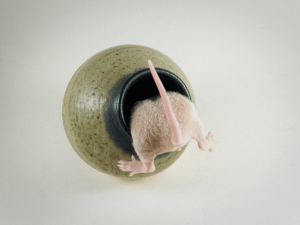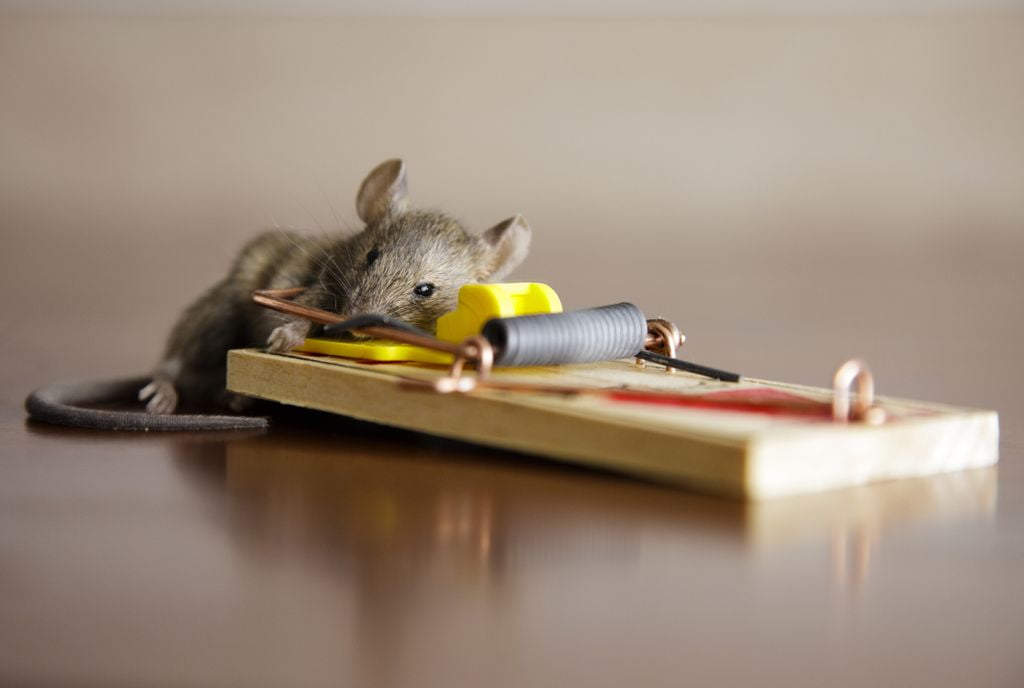Effective Rodent Control Methods: Keep Your Home Rodent-Free
Rodent infestations can be a serious problem for homeowners and businesses alike. Mice and rats not only damage property but can also pose health risks through the diseases they carry. Implementing effective rodent control methods is crucial for maintaining a safe and healthy environment. This comprehensive guide will explore various strategies for controlling rodent populations effectively.
Understanding Rodent Behavior and Habits
Before diving into control methods, it’s essential to understand the behavior and habits of rodents. Here are some key points:
Diet and Feeding: Rodents are opportunistic feeders, often consuming whatever food they can find. They are particularly attracted to grains, fruits, and proteins, making food storage a vital aspect of prevention.
Nesting Preferences: Rodents prefer dark, warm areas for nesting, such as attics, basements, and behind appliances. They can reproduce quickly, leading to rapid population growth if not addressed promptly.
Activity Patterns: Most rodents are nocturnal, meaning they are most active at night. Understanding their behavior can help you implement effective control strategies.
Preventive Measures: The First Line of Defense
The most effective way to control rodents is to prevent them from entering your home in the first place. Here are some preventive measures:
1. Seal Entry Points
Rodents can squeeze through surprisingly small gaps. Sealing entry points is crucial for prevention. Consider the following:
Inspect Your Home: Check for gaps around doors, windows, and foundations. Use caulk or foam insulation to fill small holes, and steel wool to block larger openings.
Repair Damaged Screens: Ensure all window and door screens are in good condition, replacing any that are torn or damaged.
Cover Vents and Ducts: Install screens over vents and ducts to prevent rodents from entering through these openings.
2. Eliminate Food Sources
Reducing available food sources can deter rodents from invading your home. Implement these strategies:
Store Food Properly: Keep all food items in airtight containers made of metal or heavy-duty plastic. Avoid leaving food out overnight.
Maintain Cleanliness: Regularly clean your kitchen and dining areas to eliminate crumbs and spills. Wipe down surfaces and sweep floors frequently.
Proper Trash Disposal: Use trash cans with tight-fitting lids and dispose of garbage regularly to prevent attracting rodents.
3. Maintain a Clutter-Free Environment
Rodents thrive in cluttered spaces. Here’s how to keep your environment tidy:
Declutter Regularly: Keep storage areas organized and free of excess clutter. Rodents are more likely to nest in piles of boxes or clothing.
Clean Storage Areas: Regularly clean attics, basements, and garages. Store items in plastic bins instead of cardboard boxes to deter nesting.

Active Control Methods: When Prevention Isn’t Enough
If you’re already dealing with a rodent infestation, you’ll need to implement active control methods. Here are some effective options:
1. Traps
Using traps is one of the most common methods for rodent control. There are several types of traps to consider:
Snap Traps: These traps kill rodents instantly and are easy to set and use. Place them in areas where you’ve noticed signs of rodent activity, such as droppings or gnaw marks.
Electronic Traps: These traps deliver a quick electric shock to rodents, killing them instantly. They are reusable and can be a more humane option.
Glue Traps: These traps use a sticky surface to capture rodents. While they can be effective, they may not provide a quick kill, which can be distressing for the animal.
2. Bait Stations
Bait stations are enclosed devices that contain rodent bait. These can be effective in controlling rodent populations:
Rodenticides: Use rodenticides in bait stations to poison rodents. Ensure the bait is placed out of reach of pets and children to prevent accidental poisoning.
Monitoring Stations: Use monitoring stations to track rodent activity and determine the best locations for placing bait stations.
3. Ultrasonic Repellents
Ultrasonic repellents emit high-frequency sounds that are unpleasant to rodents but inaudible to humans. While their effectiveness can vary, they may be a useful addition to your rodent control strategy.
Professional Pest Control Services
If you’re facing a severe infestation or if your DIY methods are not yielding results, consider hiring professional pest control services. Here’s what to expect:
Thorough Inspection: Pest control professionals will conduct a thorough inspection of your property to identify entry points, nesting sites, and food sources.
Customized Treatment Plans: They will develop a tailored treatment plan based on the severity of the infestation and your specific needs.
Follow-Up Services: Many pest control companies offer follow-up services to ensure that the rodent problem is resolved and to provide ongoing monitoring.
Long-Term Monitoring and Maintenance
Once you’ve implemented control measures, it’s essential to maintain a long-term monitoring and maintenance strategy:
1. Regular Inspections
Periodically inspect your home for signs of rodent activity or new entry points. Look for droppings, gnaw marks, and nesting materials. Promptly address any issues you discover.
2. Maintain Preventive Measures
Continue to implement preventive measures, such as sealing entry points, eliminating food sources, and keeping your home clutter-free. Regularly check and repair any potential vulnerabilities.
3. Keep Landscaping Tidy
Maintain your outdoor areas by trimming vegetation and removing debris that can provide shelter for rodents. Keep pathways clear to reduce potential hiding spots.
Conclusion
Effective rodent control requires a combination of preventive measures and active control methods. By understanding rodent behavior and implementing strategies to seal entry points, eliminate food sources, and use traps or bait stations, you can significantly reduce the risk of infestations. If necessary, don’t hesitate to seek professional help for severe infestations. By staying vigilant and maintaining a proactive approach, you can protect your home from the dangers of rodent invasions.
With the right knowledge and strategies, you can create a safer, healthier environment for yourself and your family.


